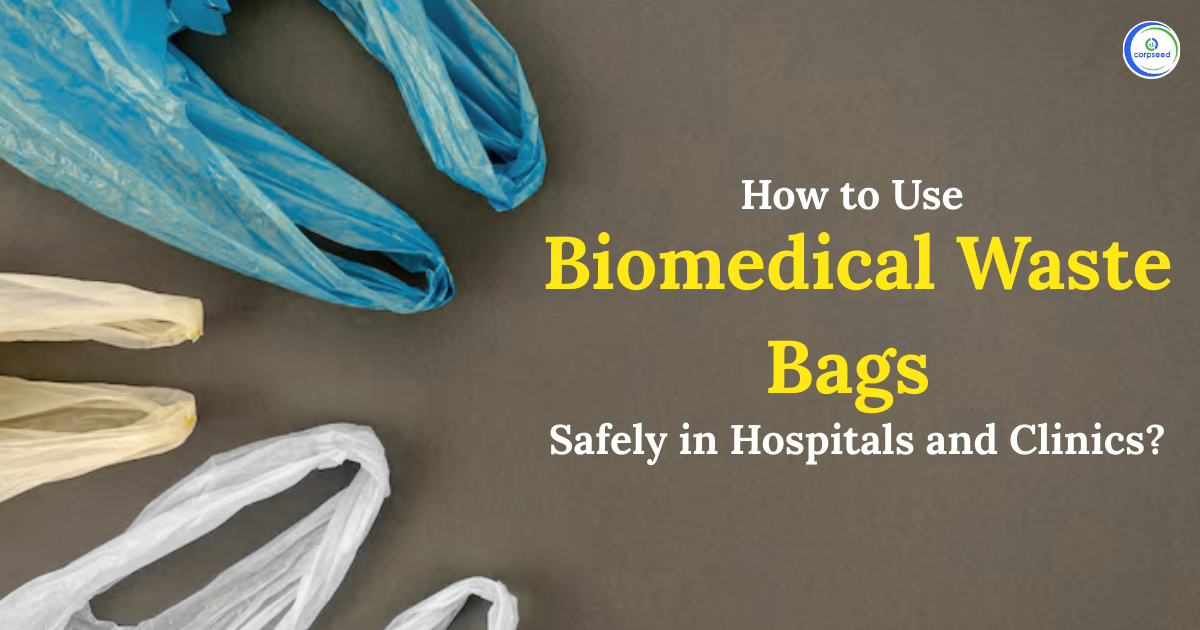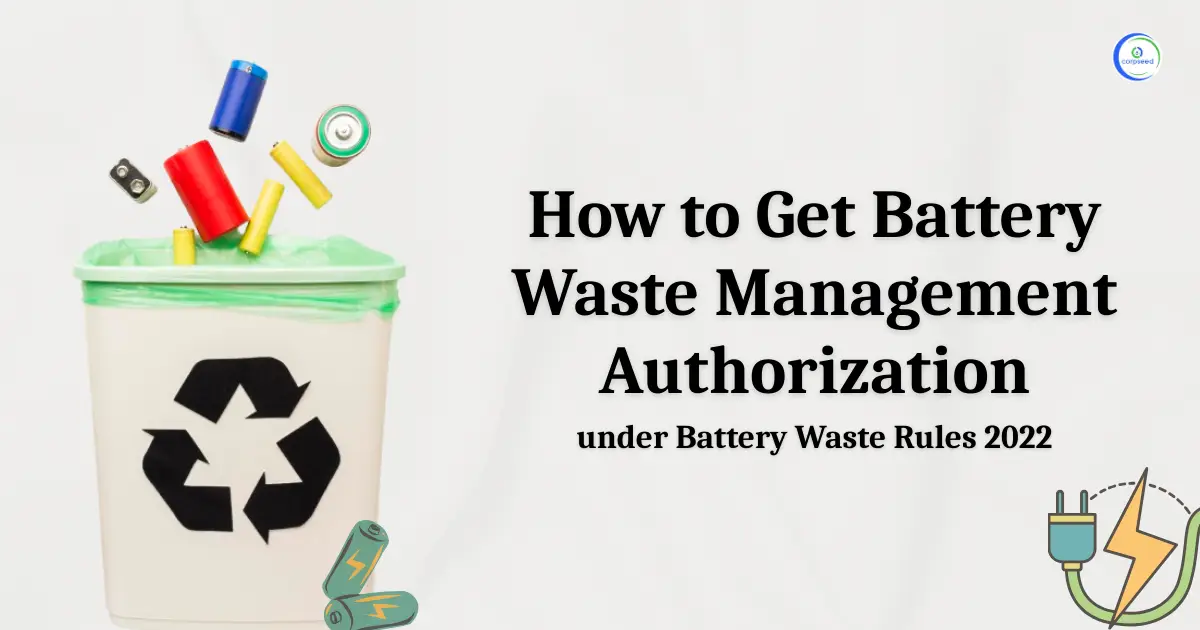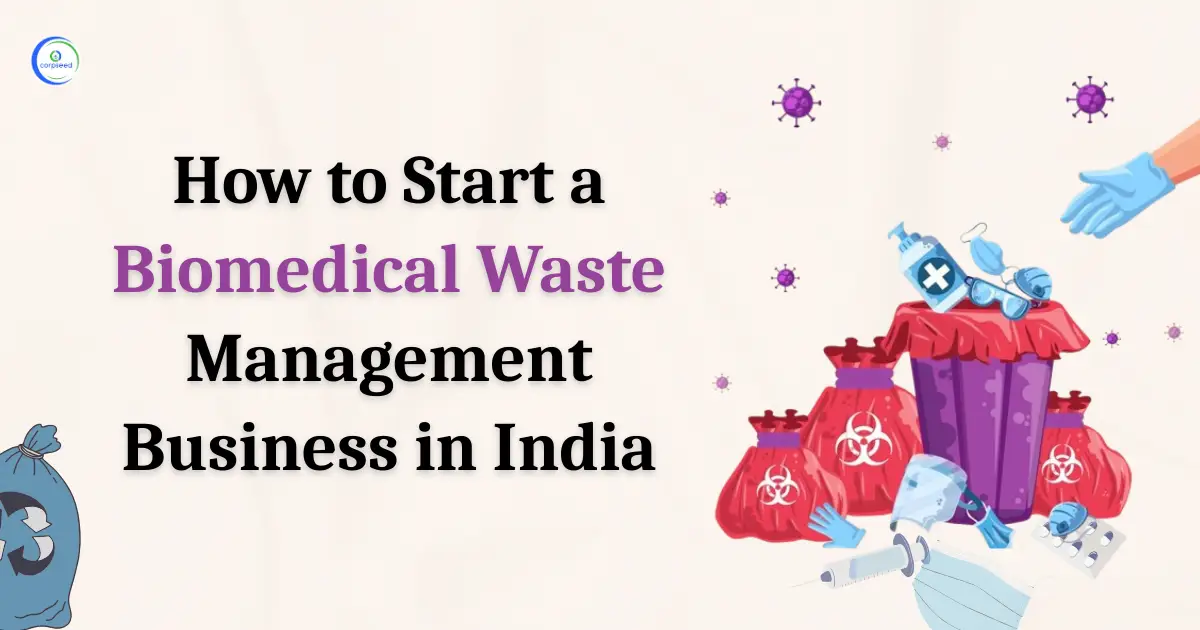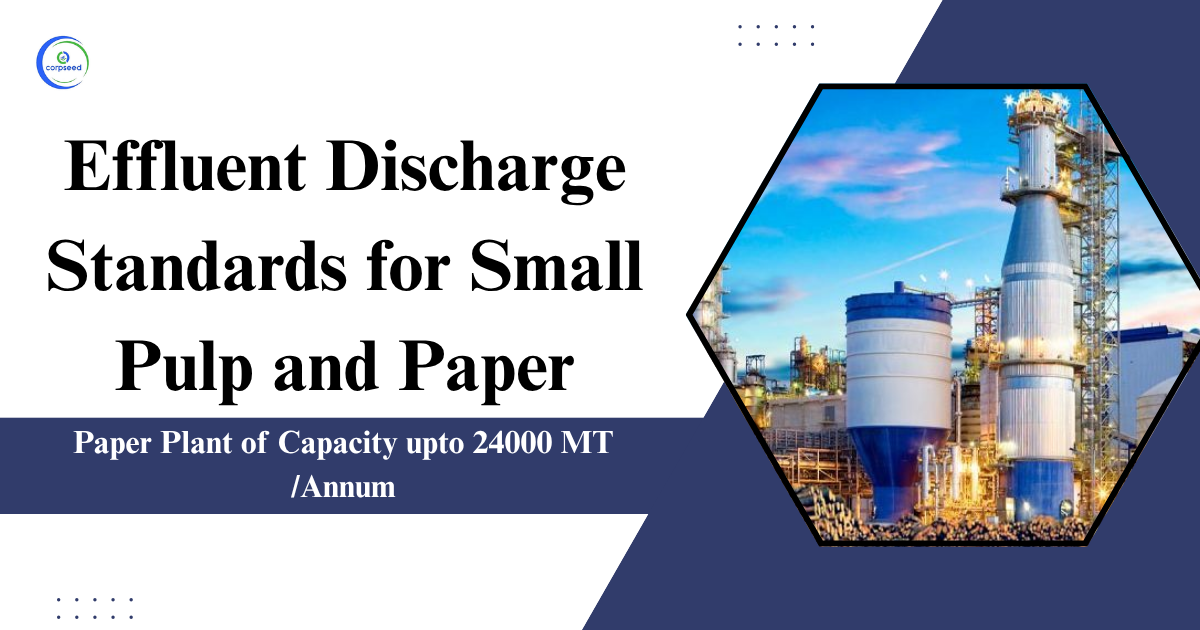Introduction: Hazardous and Other Waste Management and Transboundary Movement
Any waste that harms the environment and health due to its physical, chemical, or biological composition is considered hazardous waste according to the Ministry of Environment Forest and Climate Change. Hazardous waste is tremendously harmful to the environment and causes serious health hazards. Hazardous waste is the worst waste. On a daily basis, 1.4 tonnes of waste is generated in India. Annually 74.6 lakh tonnes of hazardous wastes are generated in India. 45% of this waste is recyclable and 46% can be disposed of in landfills.
Table of Contents
--------------Blog Contact Form-------------
The Government came out with Hazardous and Other Wastes (Management & Transboundary Movement) Rules, 2016 to deal with the ever-increasing problem of hazardous waste.
Salient Features of Hazardous and Other Wastes (Management & Transboundary Movement) Rules, 2016:
- The scope of these Rules has been expanded by adding ‘Other Waste’.
- A Waste Management hierarchy has been incorporated.
- All the forms that are present under these rules for permission, import/export, filing of annual returns, transportation, etc. are notably revised.
- The SOPs that are specific to waste type should be complied with by the stakeholders and ensured by State Pollution Control Board / Pollution Control Committee while granting authorization.
- In order to merge all the approvals as a single-window clearance for setting up of hazardous waste disposal facility and import of other wastes, the procedure has been simplified.
- For the use of waste as a useful resource co-processing is a preferred mechanism over disposal as per these rules.
- The approval process for co-processing of hazardous waste to recover energy has been put on an emission norms basis rather than on a trial basis.
- The list of waste that is regulated for import/export has been revised.
- The import of different categories of electrical and electronic equipment, paper waste, and metal scrap for reuse is exempted from the requirement of obtaining the Ministry’s permission.
- State Government’s Responsibilities for the management of hazardous and other wastes in an environmentally sensitive manner has been introduced as mentioned below:
- Setting up / allotting industrial space for recycling, pre-processing, and other utilization of hazardous waste.
- Registering workers involved in recycling, pre-processing, and other utilization activities
- Undertaking industrial skill development activities and ensuring the safety and health of workers.
- Considering the technological evolution in the industries the list of processes generating hazardous wastes has been reviewed
- The list of Waste Constituents with Concentration Limits has been revised according to the international standard and drinking water standard.
- The below-mentioned items are prohibited for import:
- Waste edible fats and oil of animals, or vegetable origin
- Household waste
- Critical Care Medical equipment
- Tyres for direct re-use purpose
- Solid Plastic waste including Pet bottles
- Waste electrical and electronic assemblies scrap
- Other chemical wastes especially in solvent form
- State Government should prepare an integrated plan for the effective implementation of these provisions and is required to submit an annual report to the Ministry of Environment, Forest and Climate Change.
- State Pollution Control Board (SPCB) is required to prepare an annual inventory of the waste generated; waste recycled, recovered, utilized including co-processed; waste re-exported and waste disposed of and submit this inventory to the Central Pollution Control Board by September 30 every year.
Amendments
Ministry of Environment, Forest, and Climate Change amended the Hazardous and Other Wastes (Management and Transboundary Movement) Rules, 2016 by issuing the Hazardous and Other Wastes (Management and Transboundary Movement) Second Amendment Rules, 2021.
There are a few amendments in the said rules which are mentioned below:
- In Rule 3(1) (23) the definition of “other wastes” means wastes specified in Part B and Part D of Schedule III for the purpose of import and export and include such indigenously produced wastes as may be notified from time to time.
- Rule 9(1) that specifies the “utilization of hazardous waste has been substituted namely- “The utilization of hazardous waste as a resource or after pre-processing either for co-processing or for any other use, including within the premises of the generator (if it is not part of the process), shall be carried out after acquiring authorization from the State Pollution Control Board in with respect to wastes on the basis of standard operating procedures or guidelines issued by the Central Pollution Control Board from time to time.”
- Rule 9(2) specifies the “circumstances when standard operating procedures are not available” has been substituted namely- “Where standard operating procedures are not available for specific utilization of hazardous waste, the approval be sought from the Central Pollution Control Board which shall grant approval on the basis of trial runs and thereafter, standard operating procedures are to be prepared by the Central Pollution Control Board.”
- Rule 13(2)(c) that specifies “the application process for an importer who is a trader” has been substituted namely- “Importer who is a trader, importing waste on behalf of actual users or for use of the actual users authorized by State Pollution Control Board, shall apply in Form 7 for onetime authorization and obtain one-time authorization in Form 7A and copy of such authorization shall be attached to Form 6.”
- Form 7 specifies an “application form for one-time authorization for traders” following amendments shall be made- Form 7A specifies a “form for grant of one-time authorization by state pollution control board to the traders who are importing the waste mentioned in part D of schedule III” has been inserted.
Conclusion
The Associated Chambers of Commerce of India (ASSOCHAM) and PricewaterhouseCoopers (PwC) conducted a joint study according to which hazardous wastes in India are mounting at a rate of 2 to 5 percent per year. This is a very sharp and concerning surge. The unavailability of proper infrastructure for scientific disposal and recycling of hazardous waste resulted in poor handling of hazardous waste in India. Because of revamped Hazardous and Other Wastes (Management and Transboundary Movement) Rules, 2016, India banned the import of solid plastic waste, edible fats, animal oils, and household waste earlier, so that these items are not imported into the country. These amendments will create a more positive impact on the management of hazardous waste.
Other State Pollution Board CTE/CTO
Any business activity or an institution that generates, collects, receives, stores, treats, disposes, or handles any kind of industrial or commercial, or individual waste in any manner is required to acquire CTE and CTO from authorities.
Hazardous Waste Management
Hazardous Waste Management Rules are notified to ensure safe handling , generation, processing, treatment, package, storage, transportation, use reprocessing, collection, conversion, destruction and disposal of Hazardous Waste. Get authorization from concerened authorities with us.
CPCB NOC
Any business activity or an institution which generates, collects, receives, stores, treats, disposes or handles any kind of industrial or commercial or individual waste in any manner is required to aquire CTE & CTO from authourities.
This portion of the site is for informational purposes only. The content is not legal advice. The statements and opinions are the expression of author, not corpseed, and have not been evaluated by corpseed for accuracy, completeness, or changes in the law.
BOOK A FREE CONSULTATION
Get help from an experienced legal adviser. Schedule your consultation at a time that works for you and it's absolutely FREE.


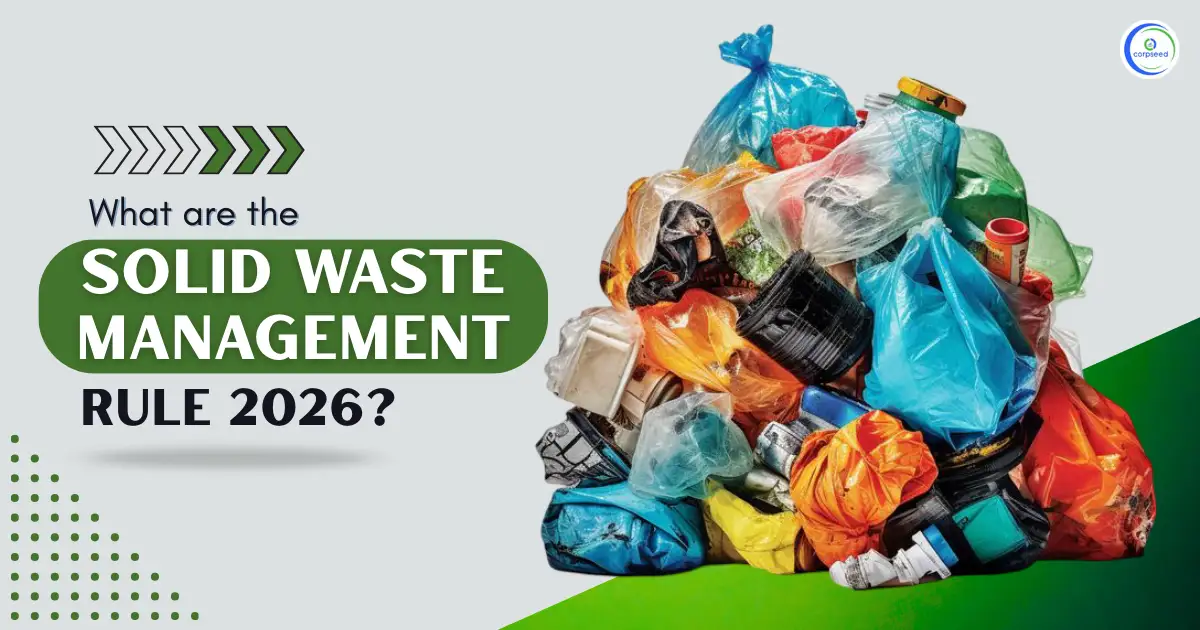
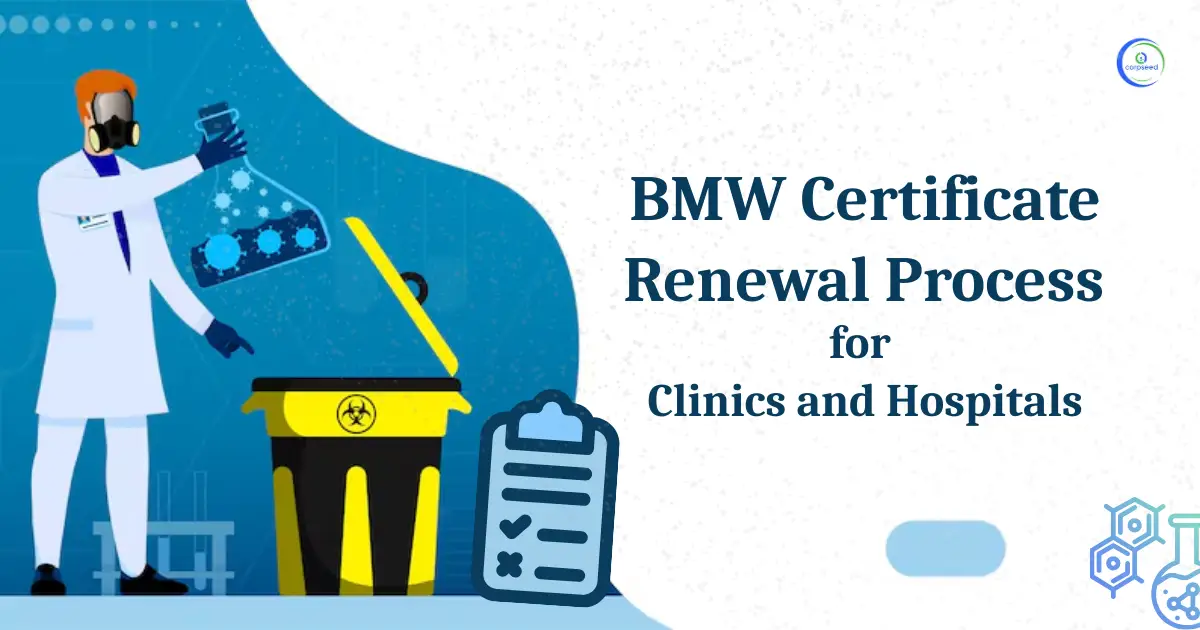
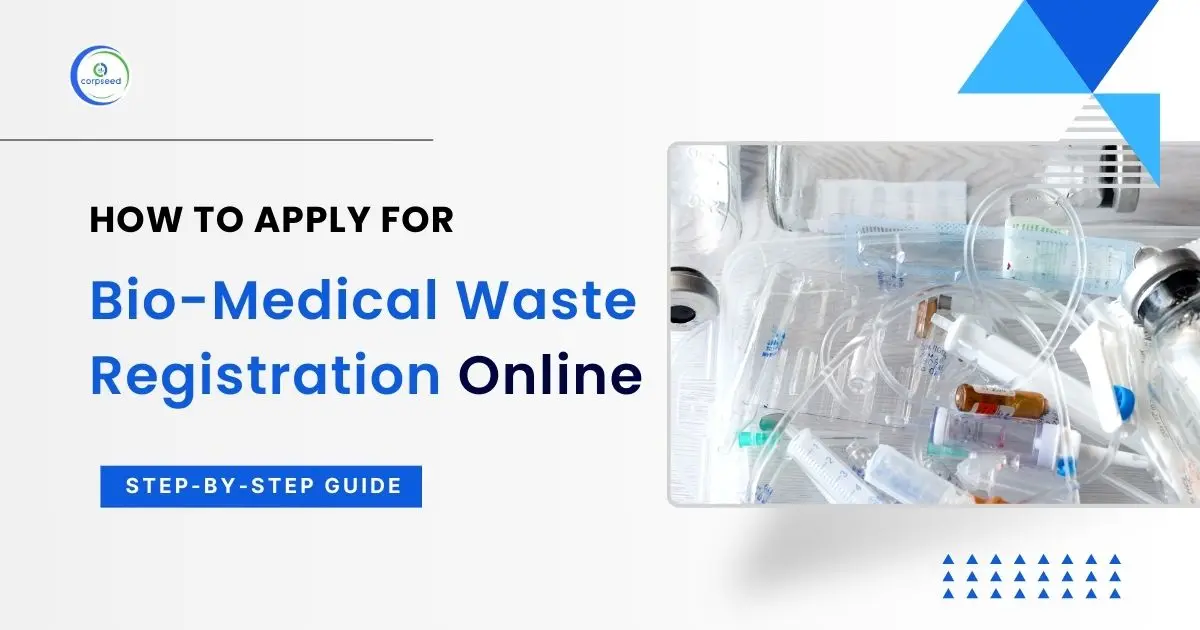
.webp)
